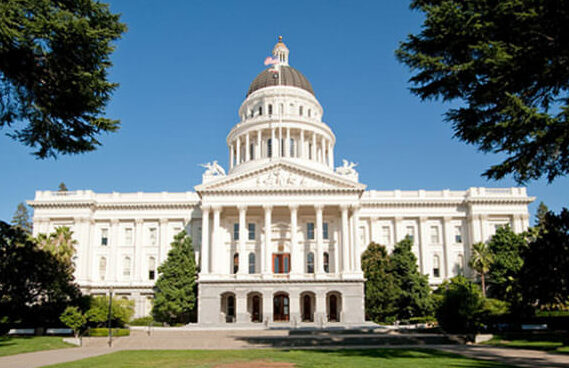By Assemblymember Marie Waldron
Last week, the Legislature passed the Budget for Fiscal Year (FY) 2024 -2025. The Governor will have until June 30 to sign the budget, which goes into effect July 1st. Over the coming weeks/months, a series of trailer bills to fund specific programs must be passed, and since the Governor has line-item veto powers, additional programs may still be cut.
The state’s constitution mandates a balanced budget. This budget eliminates the $45 billion deficit for FY 2024-2025, along with the projected $30 billion deficit forecast for 2025-2026. Obviously, cuts are necessary.
Despite these necessary cuts, funding for some important programs will be protected. The budget includes annual $300 million allocations for public health, includes funding for a variety of foster care programs, and adds $8.3 million for opioid overdose-death prevention programs.
Unfortunately, in a time of rising crime, our prison capacity will be cut, training for correctional officers is being reduced, a drug addiction program that has been effective in reducing recidivism will be impacted, and programs that fight internet crimes against children, retail theft and others will also be cut.
School funding is being reduced by over $16 billion, and $250 million will be diverted from a preschool program for kids with disabilities to help fund electric school busses. Badly needed school facility upgrades will take a $1.5 billion hit. Programs to recruit more health care providers for low-income Californians are being delayed.
The budget does nothing to address increasing gas taxes, and assumes an automatic increase on July 1st. $400 million from the highway fund (which is generated by our highest-in-the-nation gas taxes) will be diverted to pay for bike paths and crosswalks.
We must do a much better job of prioritizing, especially when state finances are mired in so much red ink. This budget misses the mark.
Assemblymember Marie Waldron, R- Valley Center, represents the 75th Assembly District in the California Legislature, which includes the cities of Poway, Santee, portions of the City of San Diego, and most of rural eastern and northern San Diego County.


















